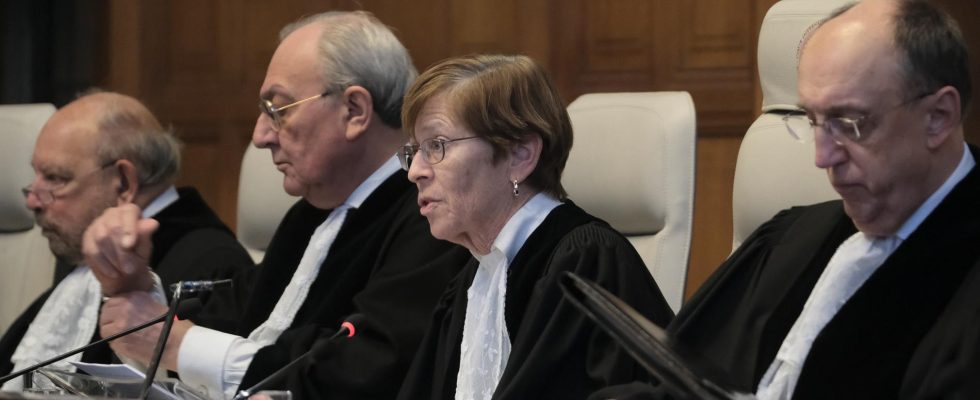unsaveSave
expand-left
full screen Court President Joan Donoghue, (centre) reads out the International Court’s decision. Photo: Patrick Post/AP/TT
Israel must prevent acts that may constitute genocide, the International Court of Justice in The Hague (ICJ) has ruled.
The fact that they do not order an immediate end to the fighting has an explanation, according to international law expert Pål Wrange.
The court’s decision was expected, says Pål Wrange, professor of international law at Stockholm University.
Israel must now prevent any acts of genocide and, more specifically, ensure that its military does not engage in acts of genocide.
They must also prevent and punish any incitement to genocide.
– Much of what South Africa stated is a number of statements from the president downwards, which could definitely or possibly be interpreted as incitement to genocide, says Pål Wrange.
In practice, the decision means to a large extent that Israel must fulfill what the country claims it is already doing, he states.
– Many people in the outside world feel that they do not meet the requirements, but that is in any case their own image.
Why doesn’t the court demand an end to the war?
– It was not on the map precisely because this is a limited part of international law, namely the Genocide Convention. The reason is that Israel has not accepted the court in general.
